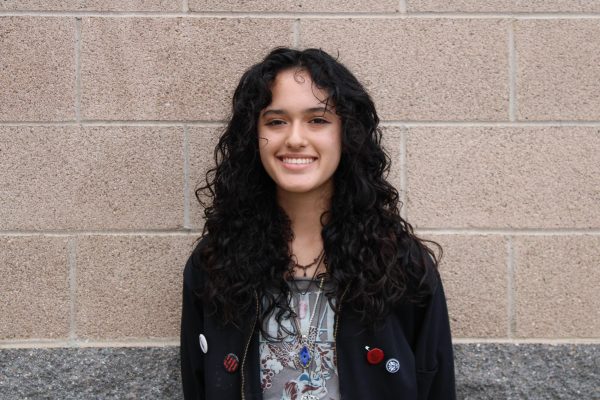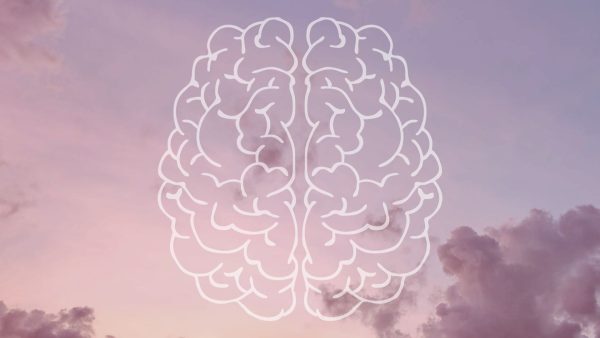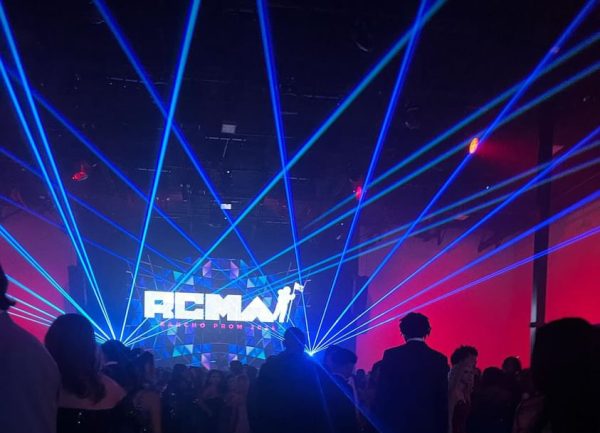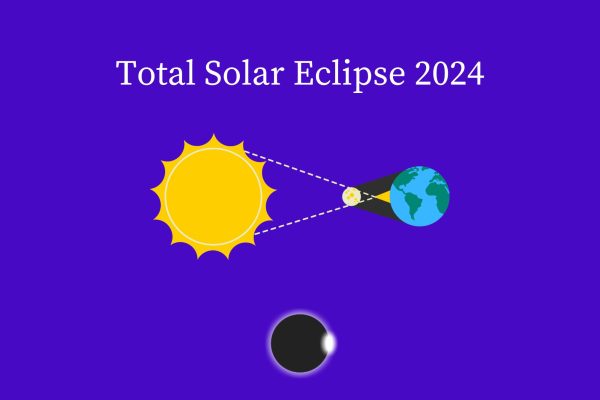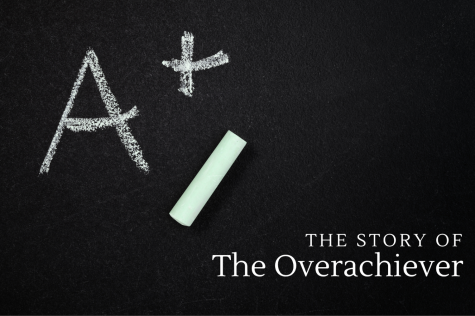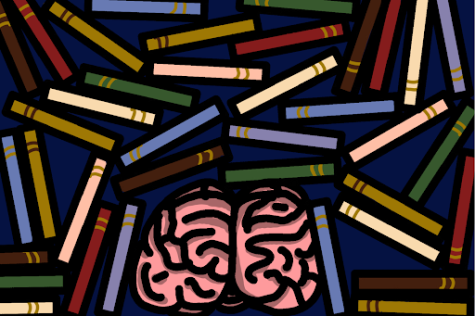MENTAL HEALTH: The star of the 21st century.

Graphic designed by Luciana Martin via Canva
Mental health has taken the 21st Century by a storm as adolescents become better informed about their emotional well-being.
In recent years, mental health has become quite the star as it’s been mentioned in countless forms of media. Whether it be through Instagram Reels and infographics, Youtubers opening up in twelve-minute videos, or more serious, science-based articles published in professional magazines. Recently, influencers on TikTok have been talking about the “signs of” certain mental illnesses. No matter where you go, mental health always seems to slither its way into the conversation. As this topic becomes more widespread, it opens up many doors that were once closed off for many people. But this begs the question: Why has it become so acceptable to talk about mental health more than ever?
“I think that it has become more accepted to talk about mental health, and I hope that this is also due to people encouraging others to talk about mental health,” Marisa-Perez-Martin, a licensed Marriage and Family Therapist said. “I also think that this is a result of the pandemic. During the pandemic since families were spending more time together and in some cases parents were seeing what was really going on with their kids’ mental health.”
I think that it has become more accepted to talk about mental health, and I hope that this is also due to people encouraging others to talk about mental health.
— Marisa-Perez-Martin
Throughout the pandemic, it’s been proven that over 41.4 million adults received mental health treatment from online services due to the time spent in isolation. It’s been scientifically proven that through time alone we start to notice patterns and repeated behaviors that we’ve never been able to pinpoint before.
“Many people were negatively impacted by the pandemic,” Perez-Martin said.
Perez-Martin has been a therapist for 16 years and has provided many services throughout the years. She primarily noticed an uproar of clients during the COVID-19 pandemic in 2020, which brought up a great point while talking with her.
Due to the pandemic, the amount of people seeking therapy has become more widespread. Demand for mental health treatments has skyrocketed in years past.
A prominent figure during the times of the pandemic has been online therapy services such as Betterhelp, Talkspace, and MDlive. Just during 2020 alone, 2.5 million people alone created a Betterhelp account during the pandemic.
However, online therapy services aren’t the only ones seeing an uptick in the need for mental health services. Schools are seeing this need as well.
“I definitely noticed a when the Wellness Center just started opening up while I was around during the last 4 weeks of school.” Crystal Mueller, the proprietor of the Rancho Cucamonga Wellness Center said. “I had a lot of students coming in to talk about how online school left them feeling and how it was hard to get back on track to normalcy,” Mueller stated.
Though there were many teenagers who felt safe enough to talk with their parental figure(s) or peers, there were also a great number of people who are still too afraid to talk about what they suffered through. Society, through the years, has demonized and created negative connotations around certain disorders such as Bipolar Disorder, Dissociative Identity Disorder, and substance abuse.
“Not all people feel safe enough to talk about their feelings and you would be surprised but not a lot of people know how to identify their feelings and talk about them,” Perez-Martin said. “People are also afraid to open up about their mental health struggles because they don’t want to be judged or put in a category.”
People are also afraid to open up about their mental health struggles because they don’t want to be judged or put in a category.
— Marisa-Perez-Martin
According to Perez-Martin, some people feel as if their disorder will make them out to be something they are not but they seek comfort and would like to meet people with similar experiences, many turn to the internet, which over the past years has become a main place to meet and connect with people who experience the same feelings as they do.
“It’s so easy to go on the internet, including social media, and conclude that you meet a certain criteria of a disorder,” Perez-Martin said. “It’s so important for people to have a sense of belonging after watching videos, they convince themselves that they have certain disorders.”
Throughout the past years specifically, many people on social media platforms have put on a spotlight on multiple mental illnesses. It made some people feel safe knowing other people had similar experiences and were brave enough to open up about them.
“It definitely does make me feel safer,” Mya Gerachak, a freshman at RCHS said. “A favorite Youtuber of mine has opened up multiple times about her mental health and hearing her talk about her mental health has made me feel seen.”
It definitely does make me feel safer. A favorite Youtuber of mine has opened up multiple times about her mental health and hearing her talk about her mental health has made me feel seen.
— Mya Gerachak
Seeing people open up about how they felt made a lot of people feel seen as a topic like this hasn’t been talked about in the media in a positive way in many years.
Throughout this year, specifically on TikTok, many people were creating videos talking about symptoms of these disorders in a slideshow-like presentation, and many users of the platform flooded the comments relating to the video, saying that they checked out.
“Since having a diagnosis can be serious, coming up with an actual diagnosis should really be done by a professional that uses outcome measures and their professional judgment,” Perez-Martin said.
Seeing people open up about how they felt made a lot of people feel seen but many users on social media platforms saw this as an opportunity to self-diagnose.
The topic of self-diagnosing is quite a complicated situation. Professionals deem self-diagnosis dangerous as it could possibly lead to Munchausen Syndrome. Feeling a sense of belonging made others feel accepted and seen but people with cruel intentions saw it as an opportunity to garner attention, those who saw this as a moment to capitalize on the popularity of awareness started lies they couldn’t keep up with causing much harm to those who actually suffer.
If someone you know is suffering, alert them about resources such as calling or texting the suicide prevention hotline at 988, take time out of your day to talk to someone and inform a trusted adult, and reach out to therapists and onsite counselors.

Luciana Martin Is a senior at RCHS , this is her second year in journalism and her first year managing media and photography for The Cat’s Eye. When...




